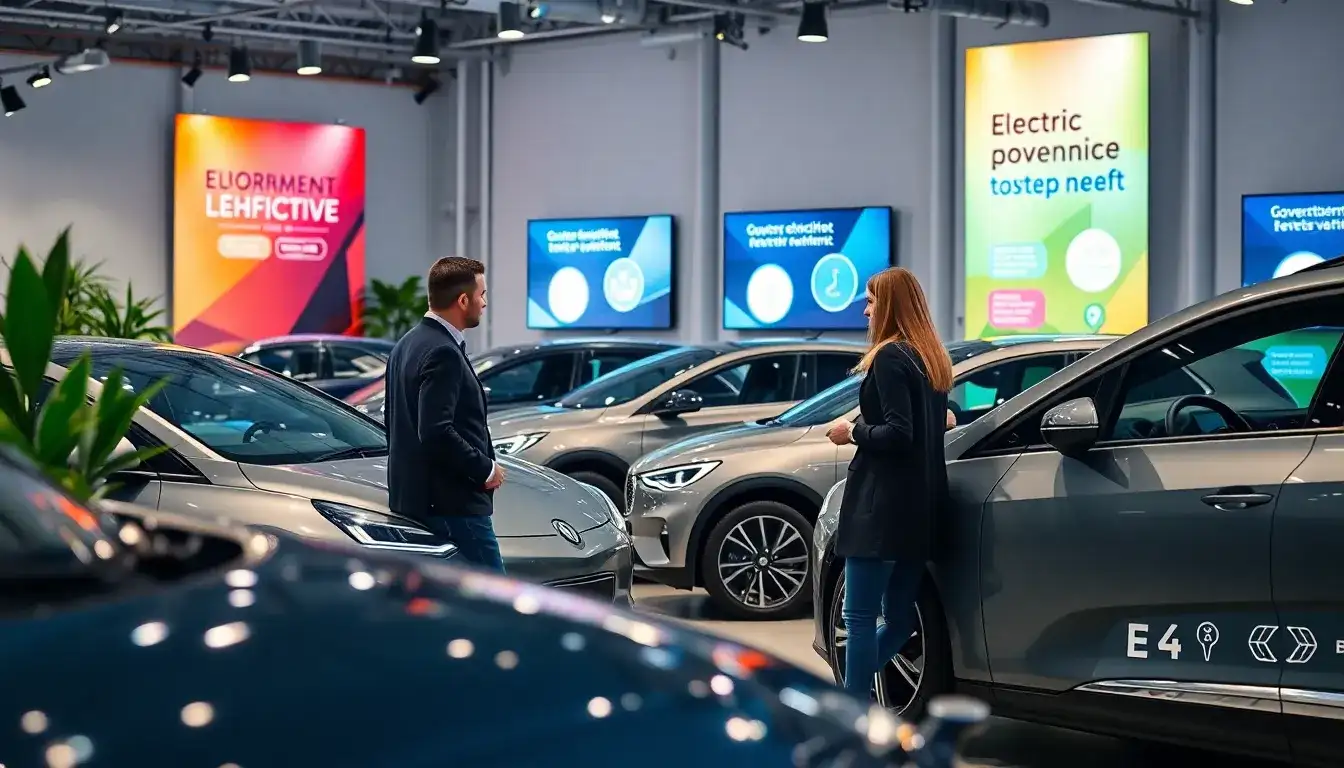
Will Electric Vehicles be the “Savior”? The New German Government to Introduce Fresh Car Purchase Incentives
On April 11, 2025, the coalition parties (Christian Social Union/Christian Democratic Union) and the Social Democratic Party finally reached a “coalition agreement”. Will the future German government unveil eye-catching new policies? Besides key issues like immigration and the economy, promoting the adoption and consumption of electric vehicles is also seen as a major focus of the coalition agreement.
According to reports, the CDU and SPD have jointly promoted an “8-point plan” regarding electric vehicles. This plan aims to provide consumers with more purchase incentives and enhance supporting infrastructure.
Specifically, under the new plan, consumers can enjoy a range of financial benefits when purchasing a vehicle. For instance, the government will increase the tax deduction limit for company cars to €100,000, which is undoubtedly a positive signal for business owners. Additionally, the government has decided to exempt electric vehicles from vehicle taxes until 2035. This move aims to alleviate the economic burden on electric vehicle owners in the long term and further stimulate demand in the electric vehicle market.
Furthermore, the plan will provide support for low-income families to help them transition to more environmentally friendly modes of transportation. The funding will come from the EU’s social climate fund.
Another key measure is the promotion of plug-in hybrid electric vehicles (PHEVs) and electric vehicles with range extenders (EREVs), along with the establishment of corresponding regulations. This indicates that the German government is willing to flexibly respond to market demands for different types of electric vehicles, rather than focusing solely on pure electric models.
Moreover, the government has committed to accelerating the construction of electric vehicle charging infrastructure, ensuring a convenient charging network is established nationwide. Specifically, more fast-charging stations will be built along highways to meet the needs of electric vehicle users. The construction of charging facilities for electric trucks is also included in the plan to ensure the electrification process in the logistics sector.
It is worth mentioning that the government will also promote further development of autonomous driving technology and provide more support for electric vehicle battery production. This includes increasing investments in battery manufacturing, raw material collection, and recycling technologies to drive the long-term development of the electric vehicle industry.
Currently, the German electric vehicle market is experiencing a downturn. According to data from the Federal Motor Transport Authority (KBA), sales of pure electric vehicles in Germany fell by nearly 30% year-on-year last year. The high prices, cancellation of government subsidies, and incomplete infrastructure are considered the primary reasons why consumers are abandoning electric vehicles.







